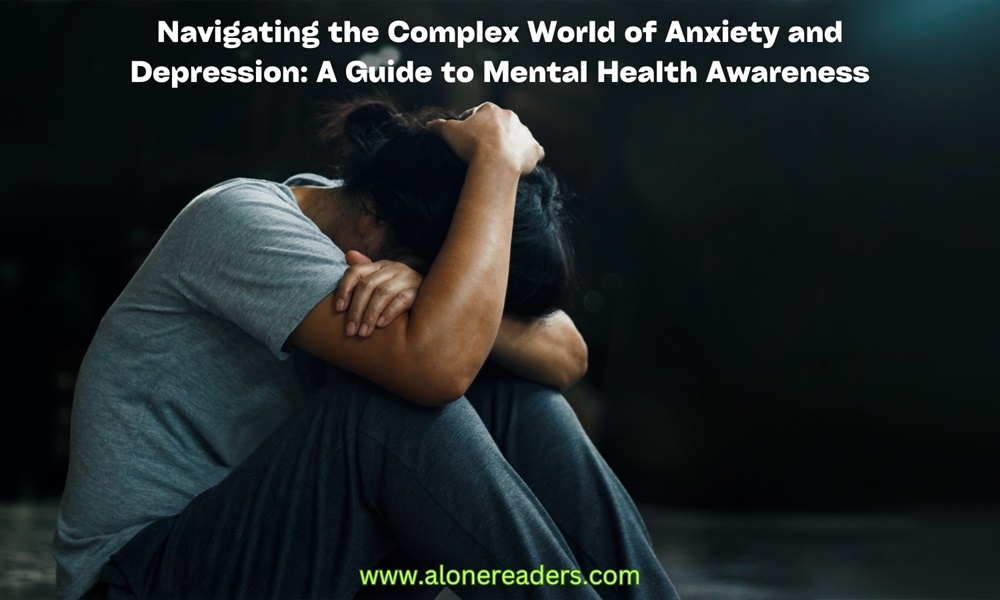
Mental health is an integral part of our overall well-being, often overshadowed by physical health concerns. In recent years, the importance of mental health awareness has gained significant traction, bringing to light conditions like anxiety and depression. These mental health issues are more than just temporary feelings of sadness or nervousness; they are complex conditions that affect millions worldwide.
The Nature of Anxiety
Anxiety is a normal and often healthy emotion. However, when a person regularly feels disproportionate levels of anxiety, it might become a medical disorder. Anxiety disorders form a category of mental health diagnoses that lead to excessive nervousness, fear, apprehension, and worry.
Types of Anxiety Disorders
These disorders alter how a person processes emotions and behave, often causing physical symptoms. Common types include generalized anxiety disorder, panic disorder, and various phobia-related disorders.
What is Depression?
Depression is a common and serious medical illness that negatively affects how you feel, the way you think, and how you act. It causes feelings of sadness and/or a loss of interest in activities once enjoyed. It can lead to a variety of emotional and physical problems and can decrease a person’s ability to function at work and home.
Symptoms and Types of Depression
Symptoms of depression can vary from mild to severe and can include changes in mood, appetite, sleep patterns, and energy level. There are several different types of depression, such as major depressive disorder, persistent depressive disorder (dysthymia), bipolar disorder, postpartum depression, and seasonal affective disorder.
While anxiety and depression are different medical conditions, their symptoms, causes, and treatments can often overlap. It's not uncommon for someone with an anxiety disorder to also suffer from depression or vice versa.
Genetic and Environmental Factors
The causes of anxiety and depression are varied and complex. A combination of genetic, environmental, psychological, and developmental factors is involved in most cases.
Stress and Trauma
Stressful life situations or a history of trauma, like early childhood abuse, may increase the likelihood of experiencing these conditions.
Professional Treatment
It's crucial to seek professional help if you're struggling with anxiety or depression. Treatments can include psychotherapy, medications, or a combination of both.
Lifestyle Changes and Coping Strategies
In addition to professional treatment, lifestyle changes can be beneficial. Regular exercise, a healthy diet, adequate sleep, and stress management techniques can help manage symptoms.
The journey towards understanding and managing anxiety and depression is ongoing. Mental health awareness is vital in breaking the stigma and encouraging those affected to seek help. Recognizing the signs and symptoms, understanding the causes, and knowing the available treatment options are the first steps towards healing and recovery.